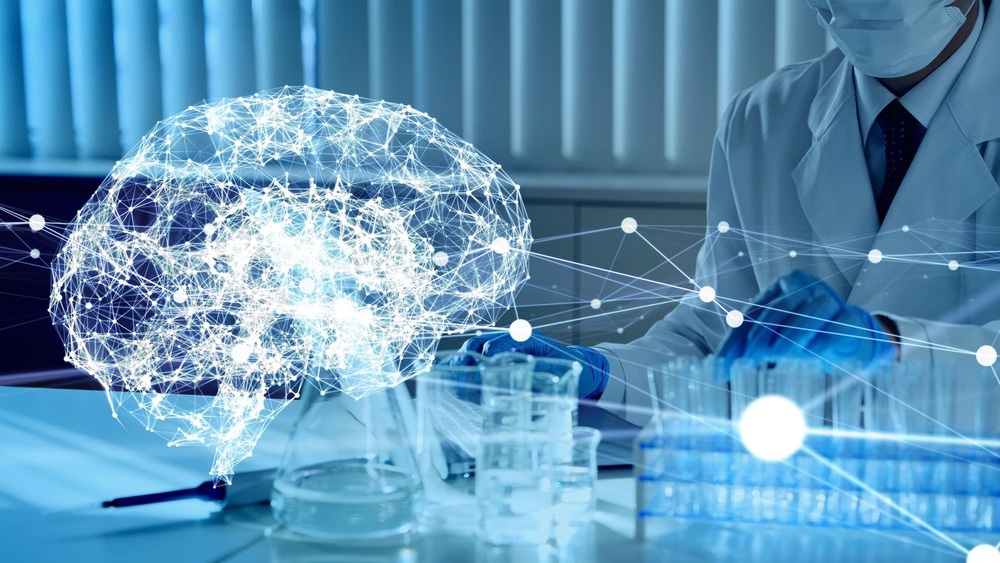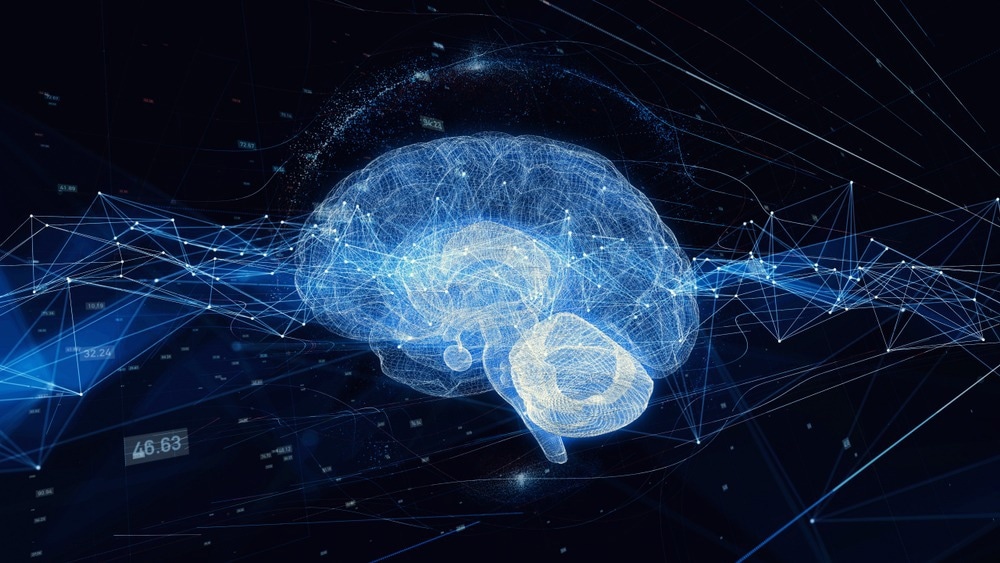In this interview, we delve into the innovative world of Diagnostic Biochips with its founder, Brian Jamieson. He shares insights into the company's inception, its contributions to advancing brain research, and the future of neural interfacing technology.
What inspired you to found Diagnostic Biochips, and what were your initial goals for the company's impact on brain research?
My inspiration for founding Diagnostic Biochips stemmed from my grad student days. I remember attending my first Neuroscience meeting in San Diego around 2002. My focus was developing high channel count electrodes for neurophysiology. At that time, the concept of circuit-level electrophysiology was quite niche and limited to a small group of researchers.
Fast-forward to today, it's a major focus. The Brain Initiative, for instance, has highlighted this. Our company was founded to provide better tools for circuit-level neuroscience to physiologists. We believe that understanding the brain's wiring is crucial.
To use a physics analogy, it's like studying Silicon in semiconductors; we need to understand groups of neurons, not just individual ones.
Considering the growing burden of brain disease, what advancements does Diagnostic Biochips aim to achieve in this area, and how do you envision your technology making a difference?
Our role is to provide tools to scientists researching brain diseases. We aim to foster collaborations with disease-centric circuit experimenters across academia, device industries, and pharma. While we're not unraveling the mysteries of diseases like depression ourselves, we facilitate brilliant minds in their research by providing the necessary tools.
Our biggest resources are people and our brain power. An investment of company capital in helping to solve those problems, which is, as engineers and data scientists, helping to make sure those people have the tools they need.

Image Credit: metamorworks/Shutterstock.com
Diagnostic Biochips is aligned with The Brain Research through Advancing Innovative Neurotechnologies (BRAIN) Initiative. How does this alignment influence the company's strategies and goals?
We would not be here without the Brain Initiative. The company was founded largely on the basis of momentum that was being generated around circuit-level tools. While we've shifted to a more customer-focused approach, the momentum and attention brought by the Brain Initiative continue to influence us. It's shaped who we are, and now our focus is on serving our customers in this established momentum.
Can you elaborate on the advanced neural interfacing systems that Diagnostic Biochips is developing and how they differ from existing technologies?
We focus on making sophisticated tools accessible and user-friendly. Our Deep Array system allows access to deep brain structures in large animals and eventually humans, which is unique in the market.
Traditionally, access to deep brain structures in large animals has been difficult or impossible. If you go out and look at the product availability for that market, which includes humans, it is very cortex-oriented and surface-oriented. It is very hard to get deep into the brain and have good single-unit separation. Deep Array lets you get very deep structures in non-human primates and, with approval, humans. That's pretty innovative. There's really no one out there other than us doing that well right now.
Another area is our small systems for small-behaving animals, enabling extensive studies in animal models like mice. We aim to provide reliable, professional-grade tools that address gaps in the current market.
Your current focus includes expanding the capabilities of preclinical neurosensors. Could you discuss some of the key findings or milestones in this area?
Preclinical does not necessarily limit itself to animal models. We do not have FDA approval to market a medical device, but we do have users and partners that are under IRB approval or doing limited experiments with human volunteers. These are typically intraoperative applications where someone is going in for a DBS surgery, for example, and volunteers to have a short recording session with our devices.
Human research that provides that single units matter and recording from a lot of single units matters in a sensible translatable way is really exciting and important for our future.
How have collaborations and funding from organizations like NIH and DARPA helped shape the research and development at Diagnostic Biochips?
Collaborations with agencies like MTEC have been vital. They funded the development of technologies like Deep Array for brain-computer interfacing applications relevant to veterans. These collaborations have significantly advanced our capabilities, particularly in neuromodulation and brain-computer interfacing.

Image Credit: metamorworks/Shutterstock.com
Neural research is highly interdisciplinary. How does Diagnostic Biochips work with other fields and experts to enhance the capabilities and applications of your neural probes?
We collaborate across disciplines. For instance, our work with Tel Aviv University on AI for data analysis is helping us process and validate the data from our systems. These collaborations expand our capabilities in data science, which is becoming increasingly important in our field.
The source code is available for us to share, so it's now available for multiple labs. Multiple labs are using it for other animals and preps and approaches. It's a great example of things that we've been able to put together through collaboration that we never could have done on our own.
What are your long-term goals for Diagnostic Biochips, and how do you see the company evolving in the next decade?
In the next decade, Diagnostic Biochips might evolve into a brain analytics company, with a focus shifting from data gathering to interpretation. We could delve deeper into analytics for drug discovery and device development. Alternatively, we might be more involved in developing medical devices, influenced by the advances in brain-computer interfacing. We aim to be at the forefront of these developments in a rapidly changing landscape.
Where can readers find more information?
About Brian Jamieson
Brian Jamieson founded Diagnostic Biochips (DBC) in 2013 to drive groundbreaking advances in understanding the brain through the development of advanced neural interfacing systems. His 20+ years of engineering expertise in hardware-oriented R&D includes applying micro-and nano-technology to challenging problems in medicine, biology, and science. Prior to DBC, Brian was President of SBM (Scientific & Biomedical Microsystems), an engineering services and R&D firm, which he founded in 2006. Before SBM, Brian was a Micro-Electro-Mechanical-Systems (MEMS) Group Leader for the NASA Goddard Space Flight Center, where he worked on instrument miniaturization for unmanned space missions and initiated a lab-on-a-chip (LOAC) program to develop microfluidic platforms for space-based assays and astronaut health monitoring.
His 20+ years of engineering expertise in hardware-oriented R&D includes applying micro-and nano-technology to challenging problems in medicine, biology, and science. Prior to DBC, Brian was President of SBM (Scientific & Biomedical Microsystems), an engineering services and R&D firm, which he founded in 2006. Before SBM, Brian was a Micro-Electro-Mechanical-Systems (MEMS) Group Leader for the NASA Goddard Space Flight Center, where he worked on instrument miniaturization for unmanned space missions and initiated a lab-on-a-chip (LOAC) program to develop microfluidic platforms for space-based assays and astronaut health monitoring.
Brian currently serves on the Scientific Advisory Board of the Maryland Science Center, as an industry advisor to the Georgetown Graduate Program in Physics, and on review panels for NASA, the NIH, and the International Technology Roadmap for Semiconductors. He earned both a Ph.D. in Biomedical Engineering and an M.S. in Electrical Engineering from the University of Michigan and completed his B.S. in Physics at Yale University. Brian earned a silver medal at the 1996 Olympics in rowing and is a Board member and past president of CRAB (Chesapeake Region Accessible Boating), an organization that teaches people with disabilities how to sail.